The Divine’s Jonny Woo on performing alongside Peaches and Charli XCX and the importance of queer spaces
Exclusive: "I’m all about community, community, community," the east London legend says in Attitude's Tea Time feature
By Dale Fox
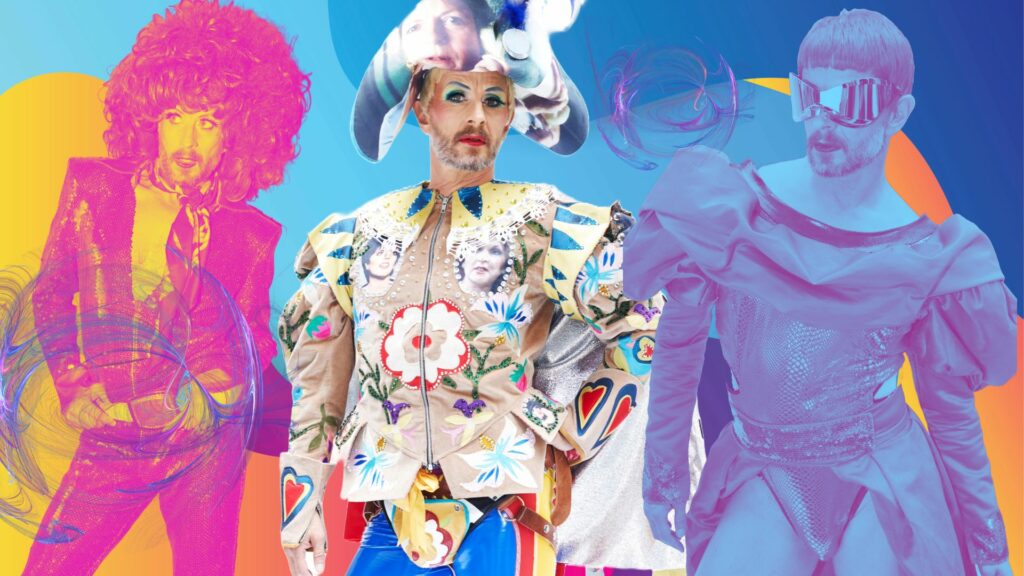
As co-owner of east London’s latest queer hotspot The Divine (which recently opened after the closure of The Glory in Haggerston), Jonny Woo has seen and done it all.
Since his formative years in early-2000s New York where he was inspired to try his luck as a performer, he’s become a pinnacle of the capital’s LGBTQ+ scene, hosting the wildly popular annual LIPSYNC1000 competition and becoming a mentor to new talent, including Drag Race UK stars Crystal and Jonbers Blonde.
He’s now also returning to London’s queer restaurant/performance space Bistrotheque for its landmark 20th anniversary programme, appearing in six limited dates from 19 April at the place where he made his name.
Here, in Attitude’s Tea Time feature, he shares his tips on performing, his career highlights, and why community is everything.
Describe your stage persona in three words.
Chaotic, provocative, generous.
What’s your most memorable career moment?
Opening for Peaches at the Royal Festival Hall in 2009. I came on after Charli XCX and did a kind of spoken-word a capella rap in this little shrug made of CDs to thousands of people. It was an extraordinary moment.
What’s the best compliment you’ve ever been given?
You’re so zeitgeist, and you’re so free, so two.
What vital elements should a good show have?
I’m a big fan of roller coasters, so it should be thrilling, unexpected, dangerous, exciting, and to some degree, exhausting.
What should be banished to a deserted island?
Contouring. Everyone looks the same — it’s like a mask now. And I don’t know how to use it. But some people have great bone structure — what can I say?
What tips do you have for a great lip sync?
It’s all about inhabiting the song, loving the song. Essentially, it’s about listening to the song about a thousand times to be able to do it properly.
What’s the weirdest thing you’ve ever seen?
I don’t get very shocked by stuff. Like, I wasn’t shocked to see Ron Athey sit on a wooden pyramid in a church. But I do get squeamish when I see people banging nails in their nose, or when Mouse pulled a bottle opener out of her vagina.
Where’s your happy place?
It used to be on the dance floor with poppers but now it’s simple stuff, like going for coffee with friends. Or having my legs up in a sling.
JONNY WOO ON…
The Divine
The baseline of what I intended for that space is that it always has to be available to people who are starting their performance careers. It feels exciting and dynamic, whereas The Glory was a very old-school pub. The Divine is a place for queer people to go and see shows and see their stories reflected back at them by members of their own community. I love being in Dalston, as I feel very connected with the other queer venues. I feel we’re beautifully positioned to be part of the expanding community there.
20 years of Bistrotheque and how it was one of his first residences
Bistrotheque was the place I cut my cabaret teeth. David and Pablo, old pals from Shoreditch in the 90s, created a restaurant with a space for performance which became a really cute underground cabaret room. I used to make a different shows every week. One week singing, the next pole dancing, the next making movies with my pal Peter. I don’t think I’ve ever been so prolific. Amazing, creative times – meeting and working with so many amazing people.
The Soho Theatre as a hub for nurturing queer performance
Since my first shows at Bistrotheque in 2005, I always saw Soho Theatre as a place to aim for. It’s always had such a credible program and an ease for uplifting and encouraging queer performers – especially internationally – Varla Jean Merman, Kiki and Herb, Dina Martina. Almost 20 years later I still see it as a second performance home and it’s commitment to diverse programming has never been so strong. For me it really is the leading venue in the country for queer and female led comedy, cabaret and theatre. It’s a commitment that is in their very DNA. They are the unsung hereos of the UK’s queer performance scene.
Being a community mentor
I don’t really see myself as a mentor, but I do like to see queer people grow. If I do any big performances with international acts, I’ll make sure that someone who’s just entered LIPSYNC1000 gets to be a part of that show. I try to keep the door open to people starting out. I enjoy it because it makes me feel connected. Otherwise, we can become very isolated in such a big city. I’m all about community, community, community.
The Podium – Jonny Woo ranks his icons from the world of cabaret and drag
Justin Vivian Bond
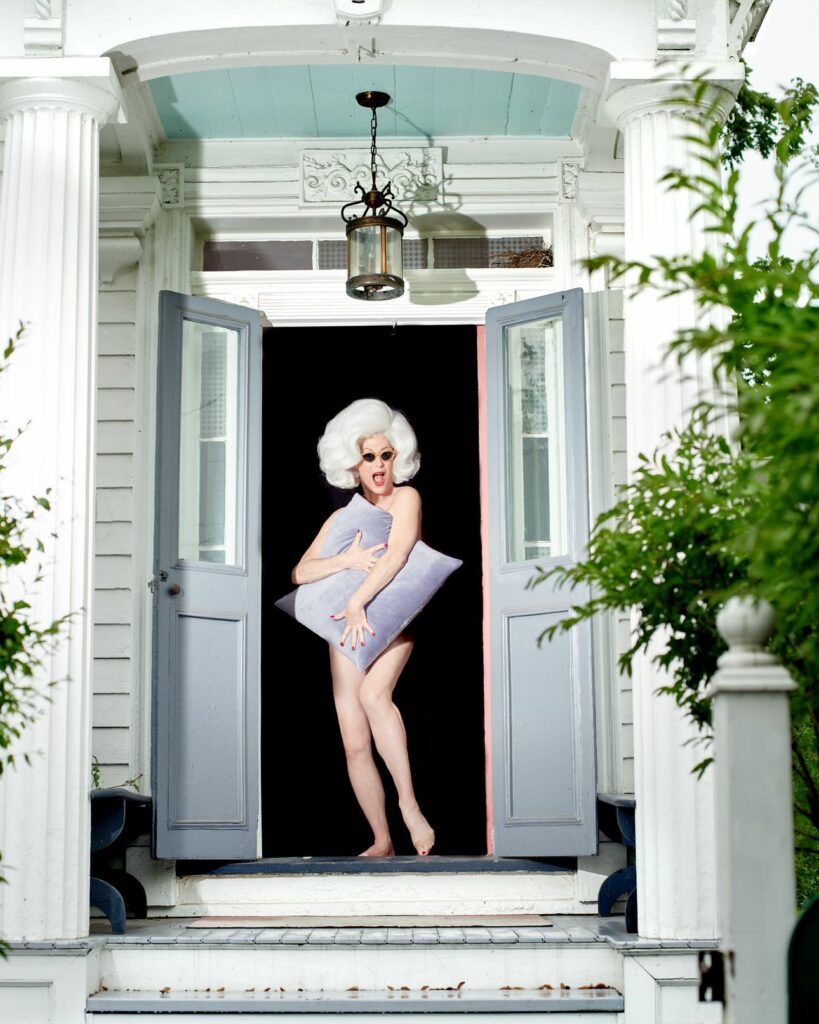
She showed me what was possible in terms of being a cabaret artist when I went to New York. She opened my mind and showed me how far an idea could be pushed.
Lavinia Co-op
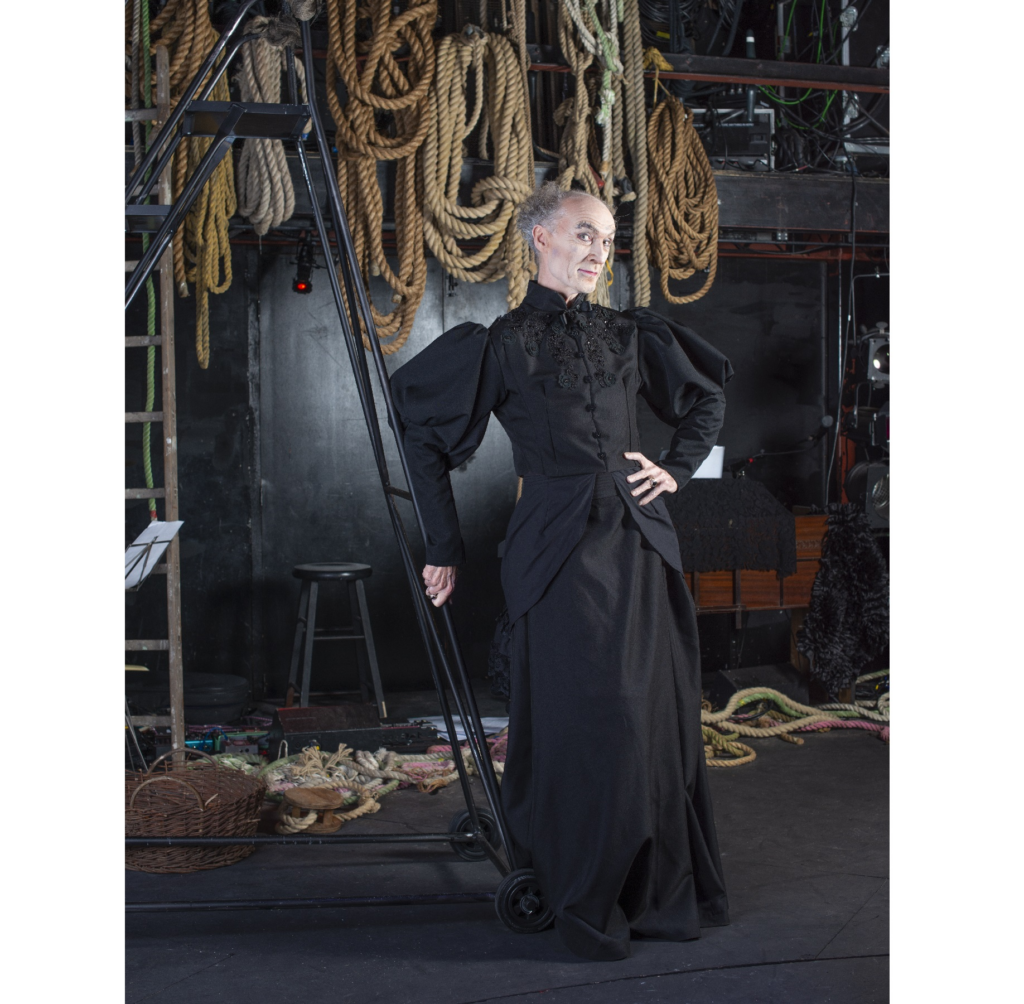
She was the first drag artist I met in New York. It was a turning point that sent me from working in shops to going into cabaret and performance art.
Brandon Olson
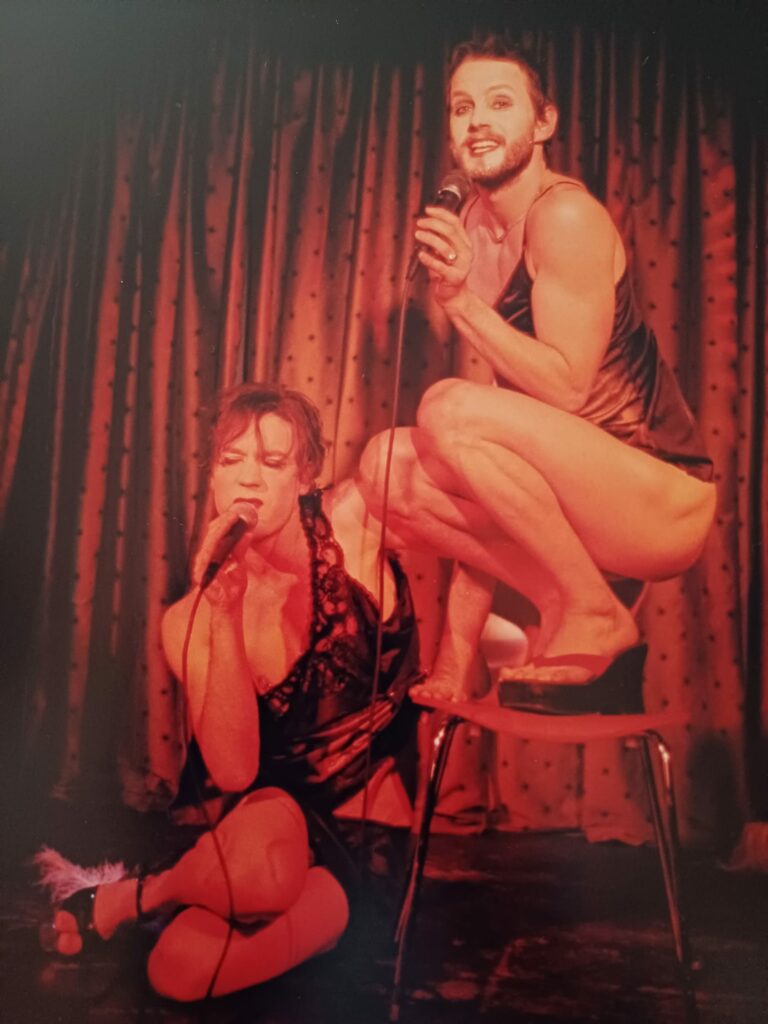
I started out doing drag with them and we’ve kind of lost touch, but if I hadn’t done the work I was doing with them, I’d never be doing what I’m doing today.
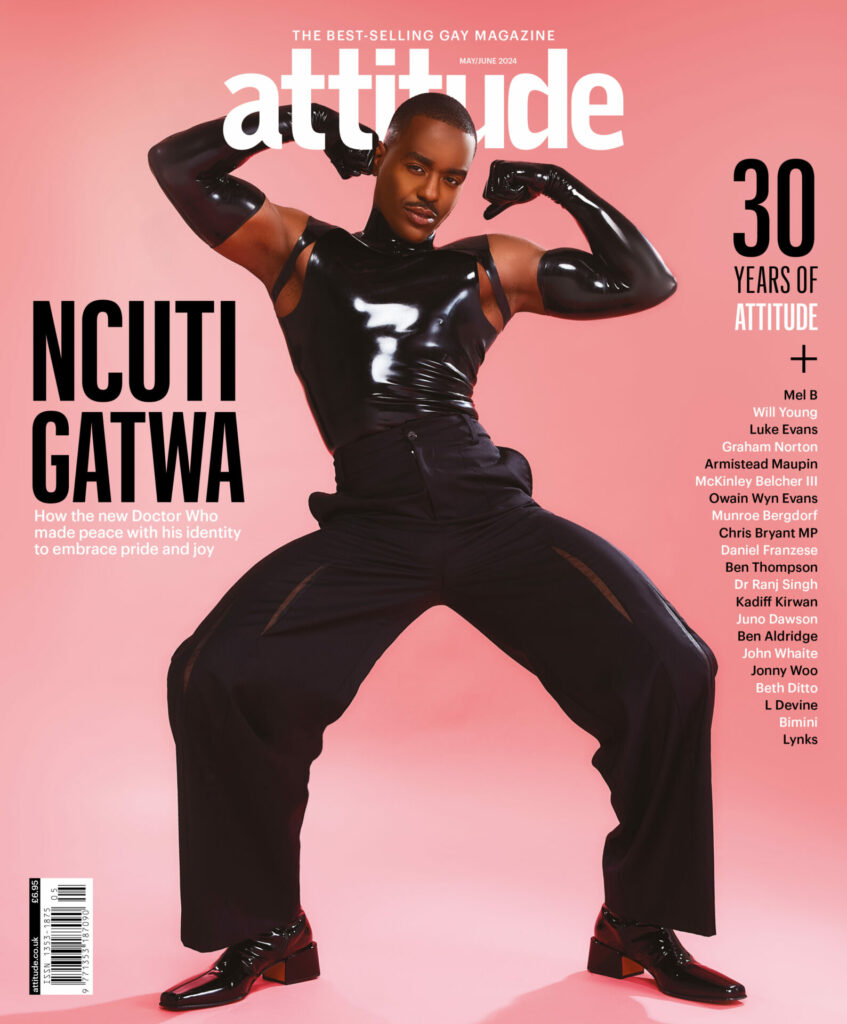
This feature appears in the landmark 30th anniversary issue 358 of Attitude magazine, which is available to order online here, and alongside 15 years of back issues on the free Attitude app.
